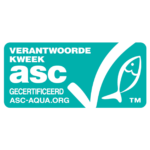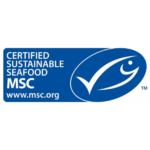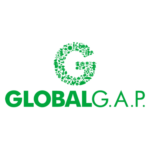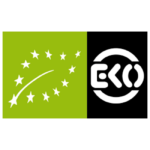Octopus
Atlantic Ocean, central east (FAO 34)
Deelgebieden: The Gambia
Pots and traps, Pots
- Jan
- Feb
- Mar
- Apr
- May
- Jun
- Jul
- Aug
- Sep
- Oct
- Nov
- Dec
Squid and octopuses belong to the group of cephalopods (Cephalopoda). Two distinct species can be found, the octopuses (eight-legged) and the squids (ten-legged). European squid and cuttlefish are most common in the Northsea. Although, squid are physically related to snails and shellfish their ‘lifestyle’ is more similar to that of fish. Many squids species swim in large groups and undertake vast seasonal migrations. Squids lay eggs in the mid-water column and hunt for fish and are food for larger fish and sea mammals. Octopuses often occur more on the seabed.
An octopus is cephalopod without an endoskeleton with a round, sack-like body with eight tentacles and a large head. This species can be found in reef-like, tropical, and subtropical areas. The common octopus hunts at dusk for crabs, crayfish, and bivalve molluscs (two-shelled molluscs such as cockles). Like most cephalopods they only reach a few years of age.
Atlantic Ocean, central east (FAO 34)
Deelgebieden: The Gambia
Pots and traps, Pots
Mediterranean Sea (FAO 37)
Deelgebieden: Atlantic Ocean, northeast
Pots and traps, Pots
Atlantic Ocean, northeast (FAO 27)
Bottom otter trawl

Fish with the ASC label is farmed in a sustainable manner.

Fish with the MSC label is caught sustainably.
This fish is not being overfished or is being responsibly farmed, with minimal impact on the environment.
This fish is a second choice. There are still some improvements to be made in this fishery or fish farm.
Do not buy this fish. It's being overfished or the way it's farmed or caught has a negative impact on the environment.

There is fish available of this species that is farmed or caught using high welfare standards.

GlobalG.A.P. certified farms are doing a step in the right direction in terms of sustainability. A few species with this label are getting a better score on the VISwijzer.

Organic standards are the strictest when it comes to fish feed. They also require certain measures for animal well-being.